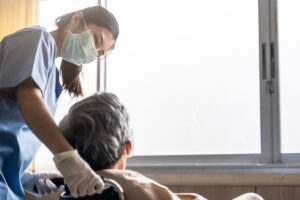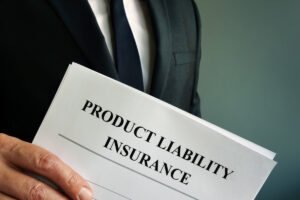Experienced Attorney. Personal Attention. Proven Results.
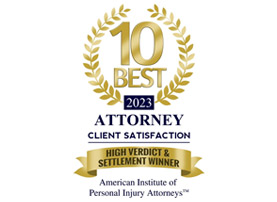
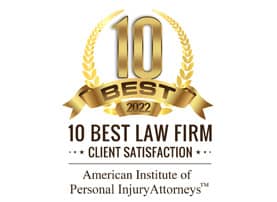
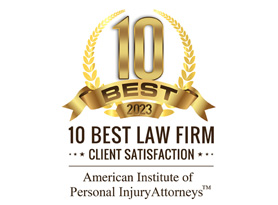
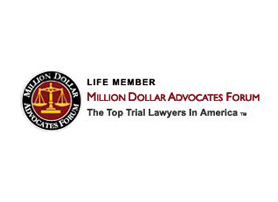
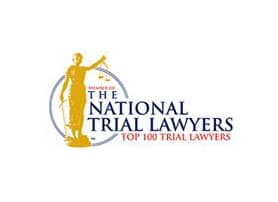
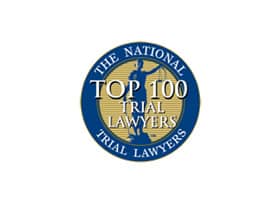
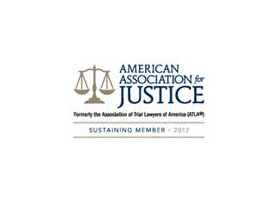
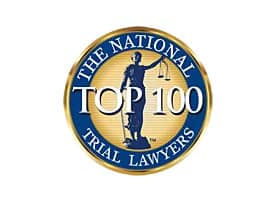
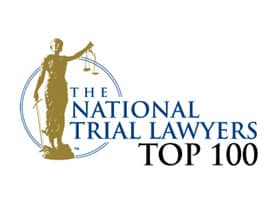
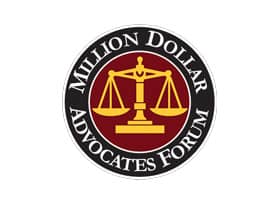
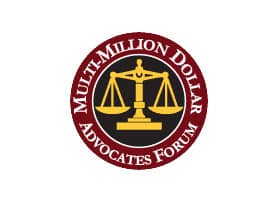
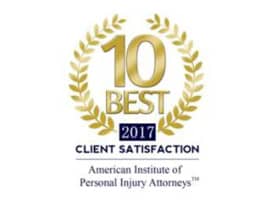
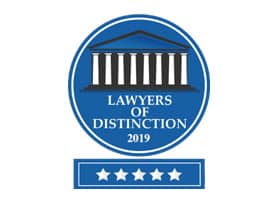
-
Happy Thanksgiving
-
November 25, 2020
-
by Howard Popper
-
-
Wrongful Death and Nursing Home Neglect in New Jersey During the COVID Pandemic
-
November 24, 2020
-
by Howard Popper
Can You Seek Damages for the Loss of a Loved One?
Residents in nursing homes and assisted-care facilities have been hit particularly hard by the coronavirus, with approximately 40% (about 100,000) of the deaths nationally in that demographic. … [Read more…]- Filed Under: Wrongful Death
- Tagged With: Nursing Home Deaths during the COVID-19 Pandemic
-
-
What You Need to Prove in a Product Liability Claim
-
November 16, 2020
-
by Howard Popper
The Element of a Defective Product Case
There’s a common misperception that because a product is on the shelves, adequate safety testing has been done to ensure that it doesn’t pose an unreasonable risk of injury to consumers. For a variety of … [Read more…]- Filed Under: Product Liability
- Tagged With: What You Must Prove
-
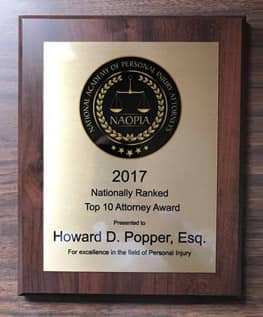
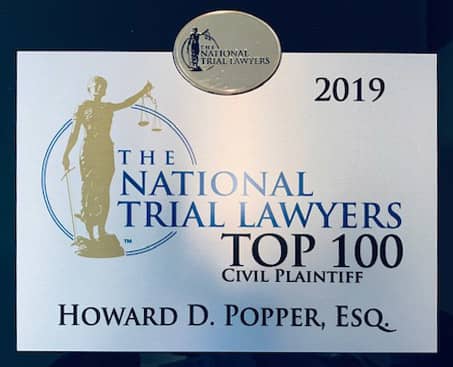

Categories
- Animal-Related Injuries
- Auto Accidents in New Jersey
- Auto Insurance Rates
- Automobile Collision
- Bicycle accidents
- Bus Accidents
- Car Accidents
- Car Accidents in New Jersey
- Civil Rights
- Class Actions
- Construction Injuries
- Construction Site Accident Injuries
- Construction Site Accidents
- Construction Site Injuries in New Jersey
- Criminal
- Criminal Defense
- Damages in a Motor Vehicle Accident Lawsuit
- Dangerous Products
- Defective Medical Devices
- Defective Products
- Disability Claims
- Disorderly Persons
- Dog Bite
- Dram Shop Liability
- DWI
- Electric Scooter Accident Injuries
- Ethics
- Fire / Burn Hazard
- Fraud
- Guns
- Handguns
- Howard Popper
- Liquor Liability Injuries
- Mass Torts
- Mass Transit Accidents
- Medical Malpractice
- Medical Malpractice Claims
- Motor Vehicle
- Motor Vehicle Accident Claims
- Motor Vehicle Accident Injury
- Motor Vehicle Accident Injury Claims
- Motor Vehicle Accidents
- Motor Vehicle Accidents in New Jersey
- Motorcycle Accidents
- Municipal Court
- New Jersey Auto Accident Claims
- New Jersey Construction Site Accidents
- New Jersey Motor Vehicle Accident Claims
- New Jersey Motor Vehicle Accidents
- New Jersey Motor Vehicle Claims
- New Jersey Motorcycle Accidents
- New Jersey Personal Injury Attorneys
- New Jersey Personal Injury Claims
- New Jersey Personal Injury Lawsuits
- New Jersey Personal Injury Trials
- New Jersey Slip and Fall Claims
- New Jersey Truck Accidents
- New Jersey Workers’ Compensation Claims
- New Jersey Workplace Accidents
- New Jersey Workplace Injury Claims
- New Jersey Wrongful Death Claims
- NJ Prosecutor
- NJ Supreme court
- Nursing Home Abuse / Neglect
- Pedestrian Accidents
- Personal Injury
- Personal Injury Claims
- Personal Injury Claims in New Jersey
- Personal Injury in New Jersey
- Personal Injury Trials
- Pharmacy Errors
- PIP
- Premises Liability
- Premises Liability in New Jersey
- Press Release
- Product Liability
- Property Damage
- Recalls
- Same Sex Marriage
- Serious & Catastrophic Injury
- Slip and Fall Accidents
- Social Security Administration
- Supreme Court
- The Different Standards for Liability for Personal Injury
- Traumatic Brain Injury
- Truck Accidents
- Uncategorized
- Upcoming Events
- Work-Related Accidents in New Jersey
- Workers Compensation
- Workers’ Compensation in New Jersey
- Workplace Accidents
- Workplace Injuries
- Wrongful Death
Archives
- April 2024
- February 2024
- December 2023
- November 2023
- September 2023
- August 2023
- July 2023
- June 2023
- May 2023
- April 2023
- March 2023
- February 2023
- January 2023
- December 2022
- November 2022
- October 2022
- September 2022
- August 2022
- July 2022
- June 2022
- May 2022
- April 2022
- March 2022
- February 2022
- January 2022
- December 2021
- November 2021
- October 2021
- September 2021
- August 2021
- July 2021
- June 2021
- May 2021
- April 2021
- March 2021
- February 2021
- January 2021
- December 2020
- November 2020
- October 2020
- September 2020
- August 2020
- July 2020
- June 2020
- May 2020
- April 2020
- March 2020
- February 2020
- January 2020
- December 2019
- November 2019
- October 2019
- September 2019
- August 2019
- July 2019
- June 2019
- May 2019
- April 2019
- March 2019
- February 2019
- January 2019
- December 2018
- November 2018
- October 2018
- September 2018
- August 2018
- July 2018
- June 2018
- May 2018
- April 2018
- March 2018
- February 2018
- January 2018
- December 2017
- November 2017
- October 2017
- September 2017
- August 2017
- July 2017
- June 2017
- May 2017
- April 2017
- March 2017
- February 2017
- January 2017
- December 2016
- November 2016
- October 2016
- September 2016
- August 2016
- July 2016
- June 2016
- May 2016
- April 2016
- March 2016
- February 2016
- January 2016
- November 2015
- October 2015
- September 2015
- August 2015
- July 2015
- June 2015
- May 2015
- April 2015
- March 2015
- February 2015
- January 2015
- December 2014
- November 2014
- October 2014
- September 2014
- August 2014
- July 2014
- June 2014
- May 2014
- April 2014
- March 2014
- February 2014
- January 2014
- December 2013
- November 2013
- October 2013
- September 2013
- August 2013
- July 2013
- May 2013
$4.125 Million
Settlement for New Jersey iron worker who suffered serious and catastrophic injuries.
$2 Million
Awarded To A Passenger Of A Bar Patron Injured In An Accident.
$1.85 Million
Settlement For Spinal Injuries Due To A Fall At A Car Dealership.
$1 Million
Settlement For A Woman Who Slipped And Fell On The Icy Steps In Front Of Her Rental House.
$760,000
Settlement For A Woman Injured In A Rear-End Collision.
$699,750
Awarded To A Clifton Man Who Sustained A Hand Injury When He Smashed The Front Window Of A Bar Where He Was Drinking.
$500,00
Settlement For The Passenger Of A Geriatric Van That Was Involved In An Accident.

